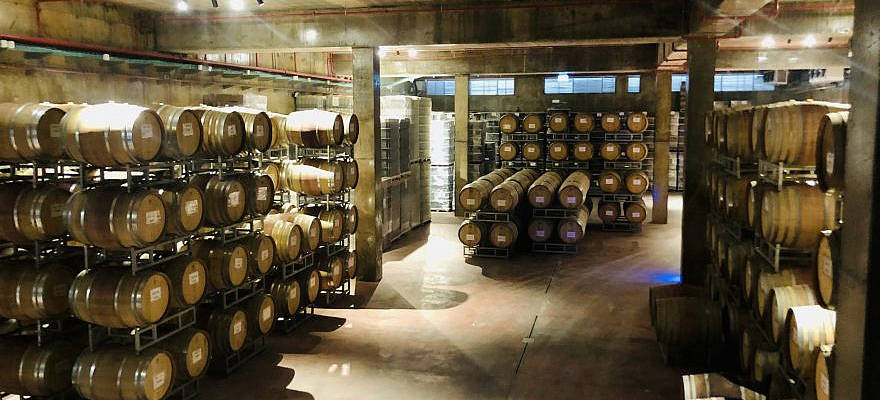“The decision to label the products harms Israelis and Palestinians and is out of step with the government of Israel’s policy that is focused on improving the lives of Palestinians,” Israel’s foreign ministry said.
By Associated Press
Israel’s deputy foreign minister canceled meetings with Belgian officials on Wednesday after a decision by Brussels earlier this week to begin labeling products made in Jewish communities in Judea and Samaria.
Idan Roll said on Twitter he was scrapping meetings with the Belgian Foreign Ministry and parliament during a visit this week to the European country.
“The Belgian government’s decision to label products from Judea & Samaria strengthens extremists, does not help promote peace in the region, and shows Belgium as not contributing to regional stability,” he said in a tweet.
Belgium’s foreign office confirmed Wednesday that the country wants settlement products labeled and that it plans to increase controls on goods coming from Israeli settlements.
It said in a statement that Belgium continues to apply international and European law, “which makes a distinction between Israel on one hand and the Palestinian territories on the other hand.”
“We expect that these goods will be labeled correctly by exporters,” it said, noting that “we have found that it’s very difficult to confirm the exact origin of products.” It noted there was no ban on settlement products.
Israel’s Foreign Ministry portrayed the decision as a blow to the country’s new government — a broad coalition of both nationalist and dovish parties.
“The decision to label the products harms Israelis and Palestinians and is out of step with the government of Israel’s policy that is focused on improving the lives of Palestinians and strengthening the Palestinian Authority and with the improvement of Israeli relations with other European countries,” the ministry said.
The European Union’s top court ruled in 2019 that EU countries must identify products made in Israeli settlements on their labels. The European Court of Justice said that when products come from an Israeli settlement, their labels must provide an “indication of that provenance” so that consumers can make “informed choices” when they shop.
The European Commission said it was up to individual EU countries to ensure that labels are correct, but that the origin of settlement produce must be made known in a way that is “not misleading to the consumer.”
Israel says the labeling is unfair and discriminatory and says other countries involved in disputes over land are not similarly sanctioned.























